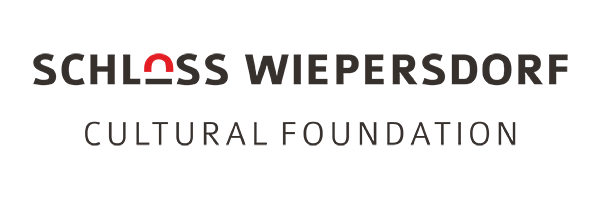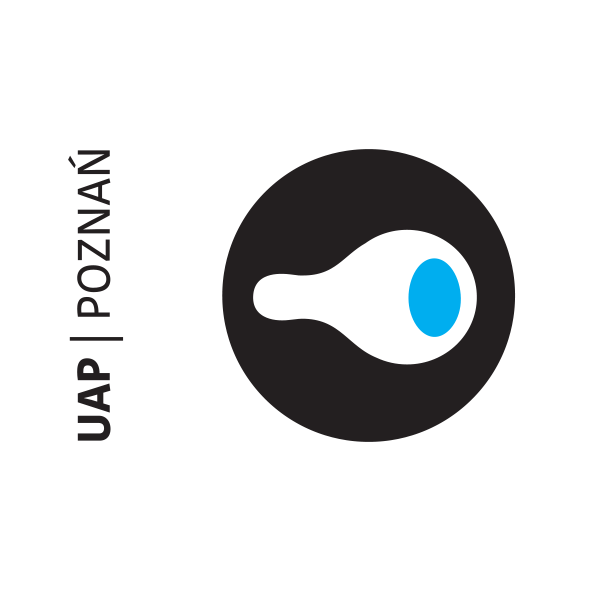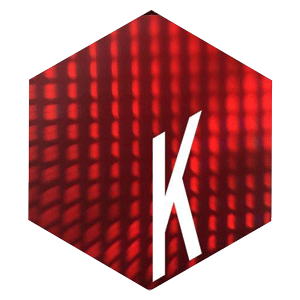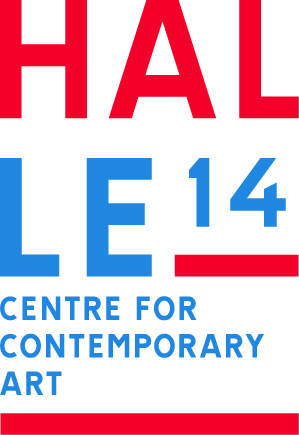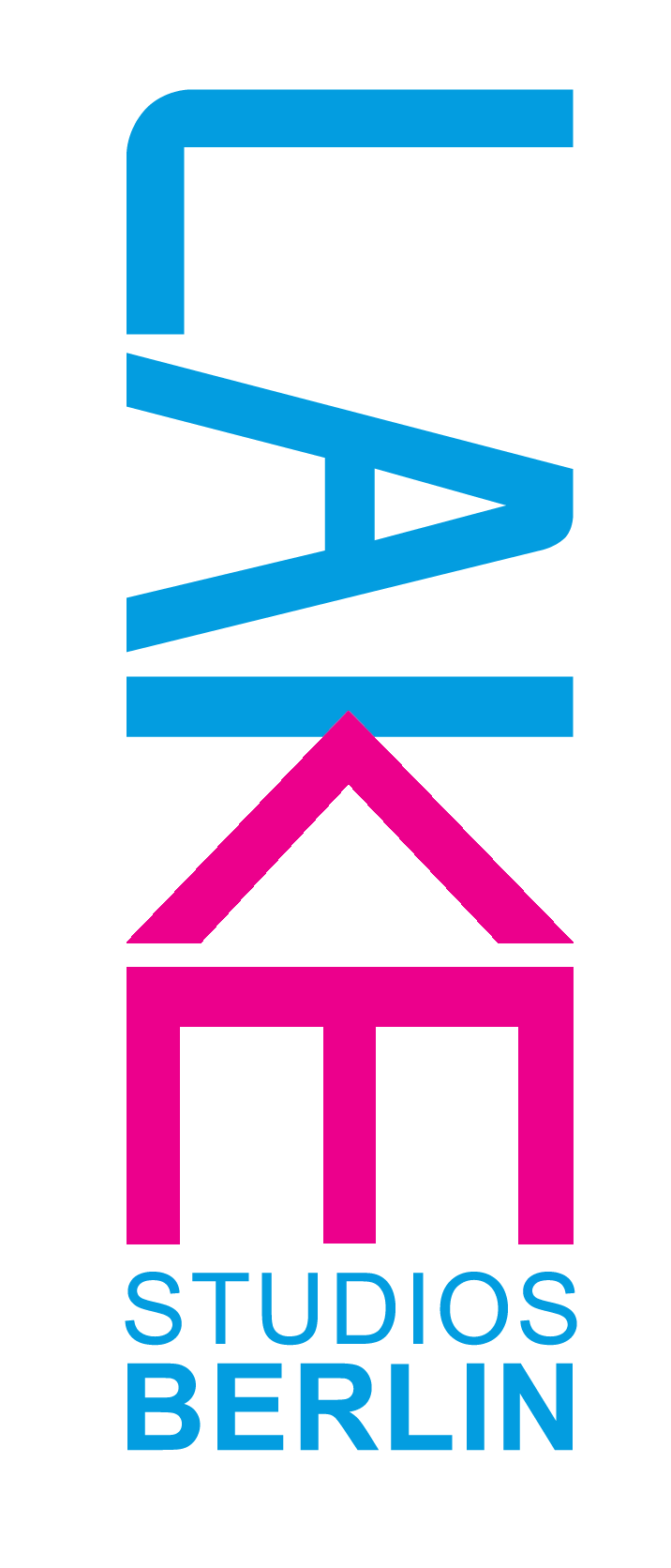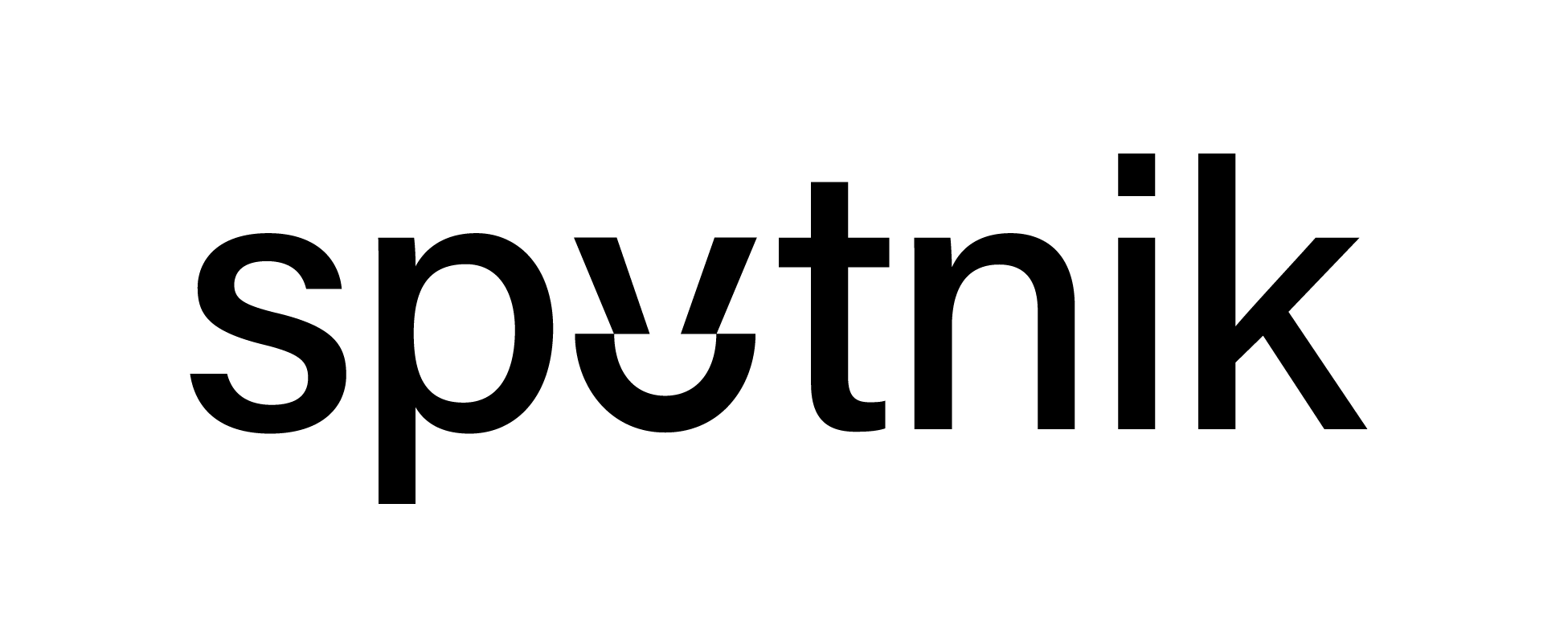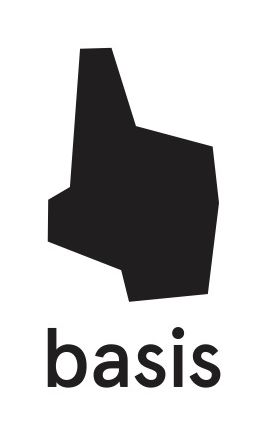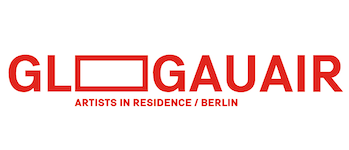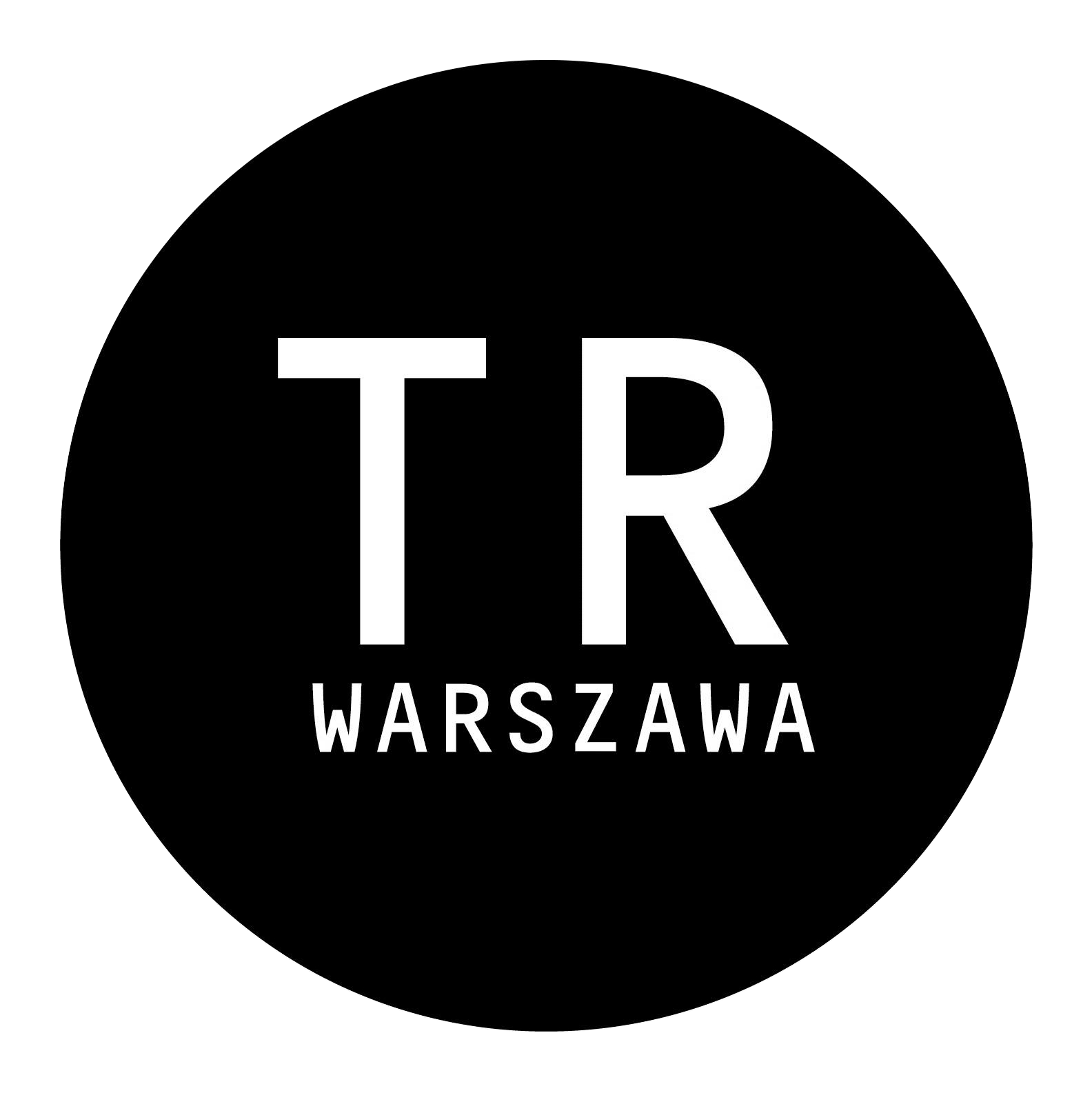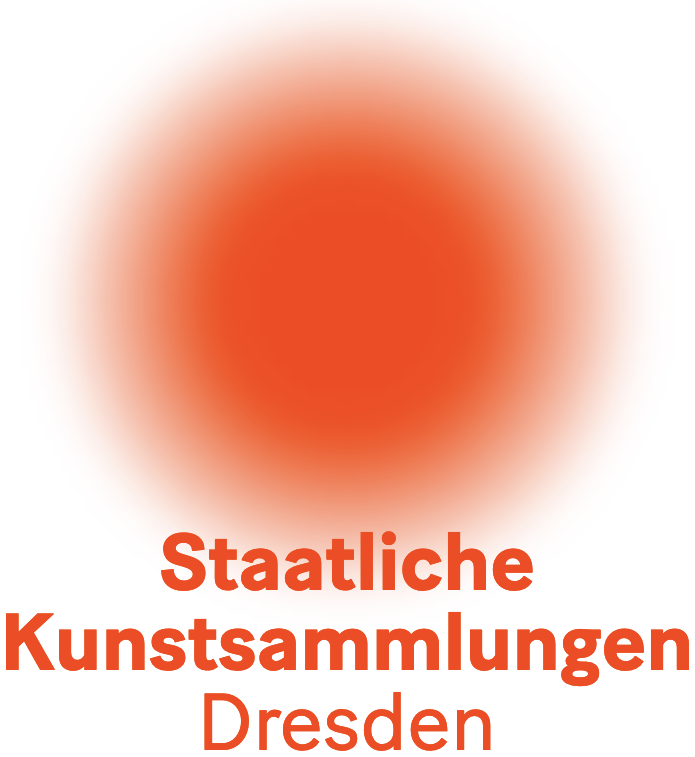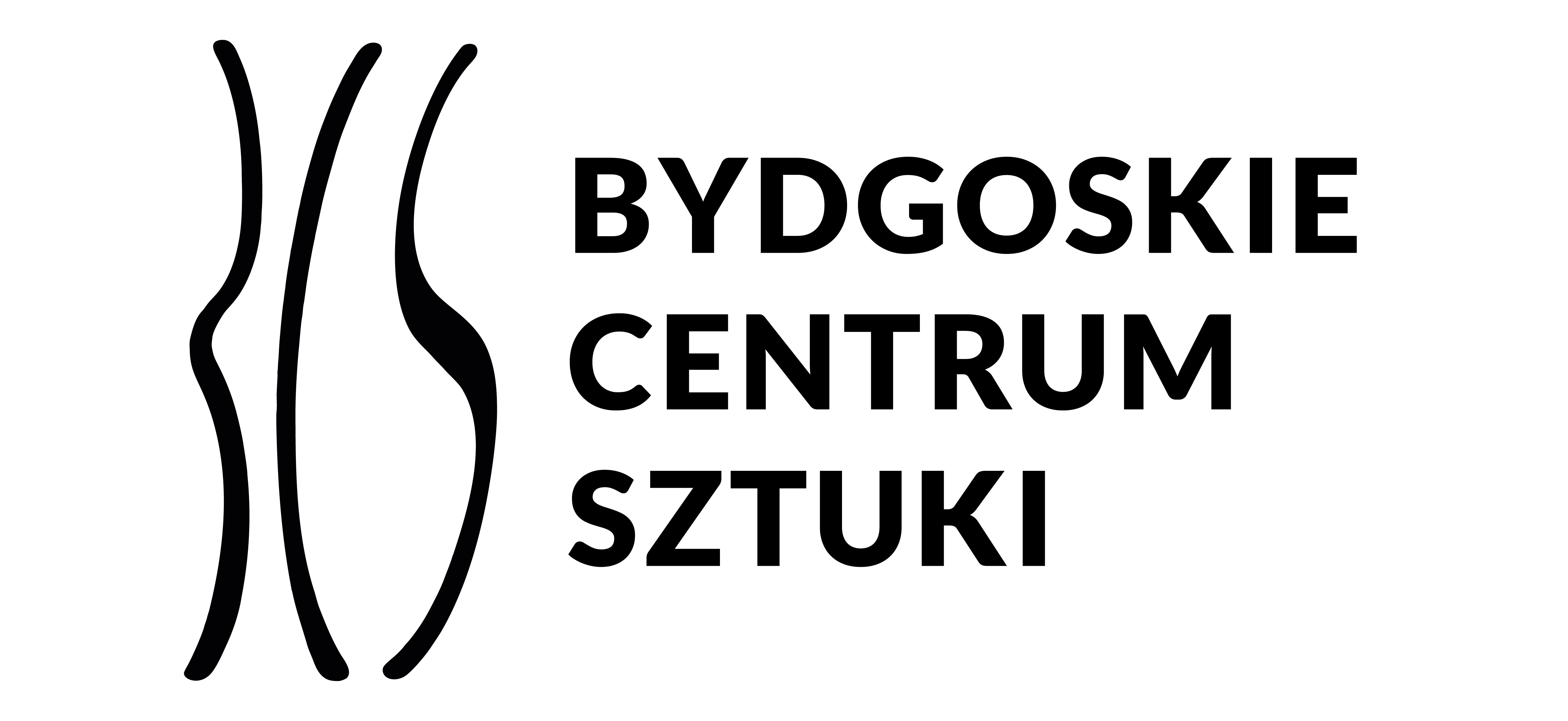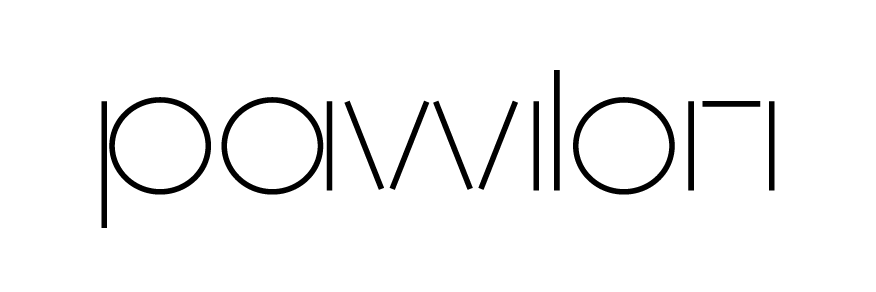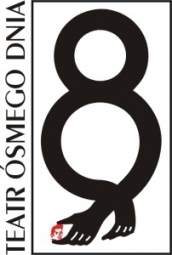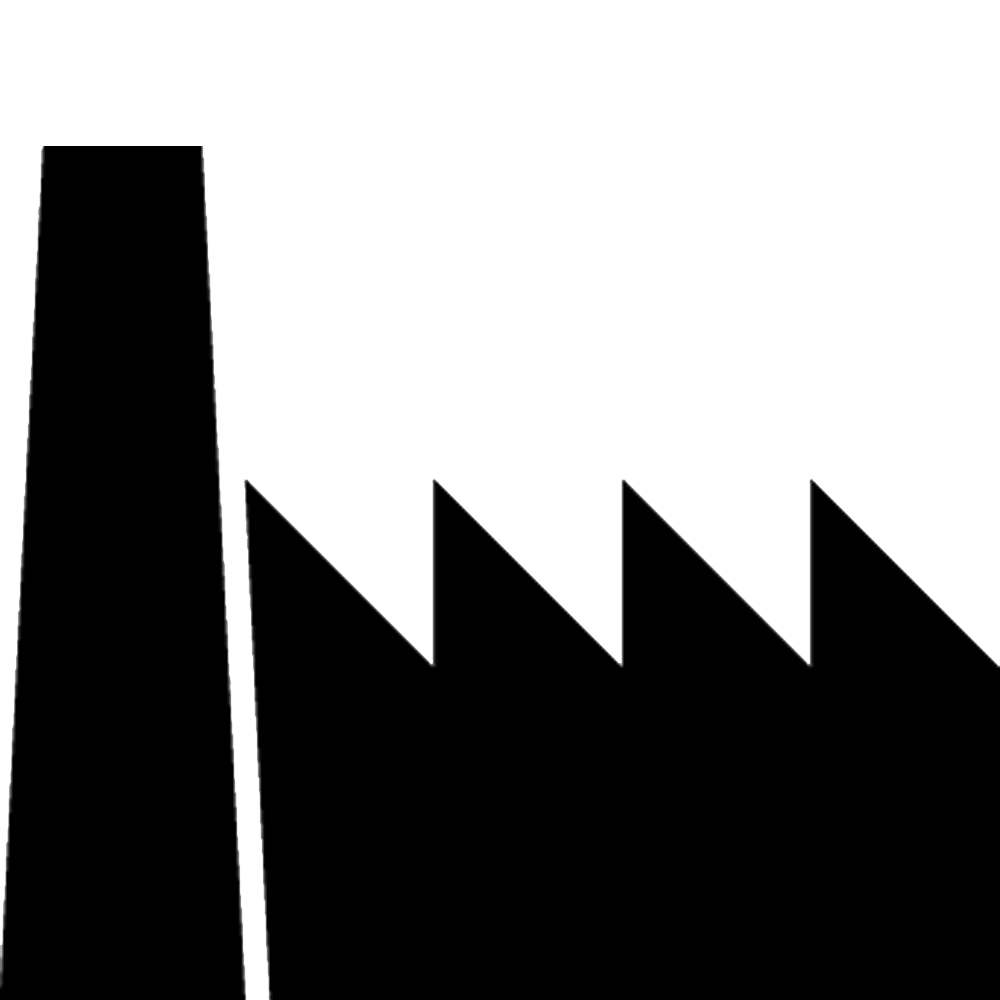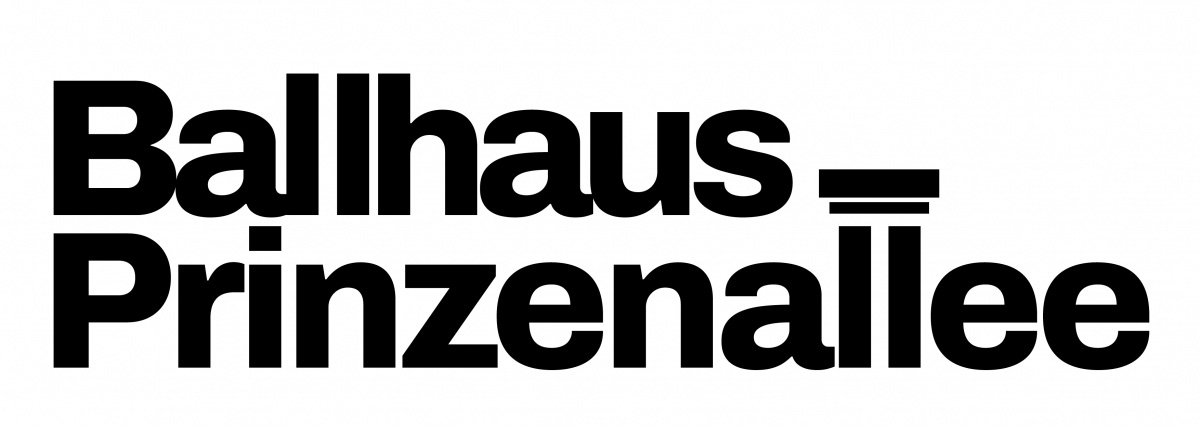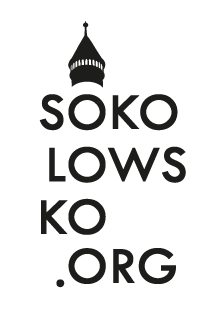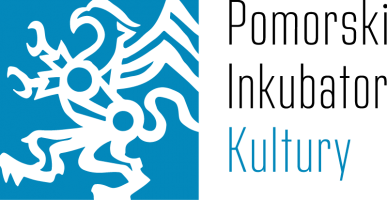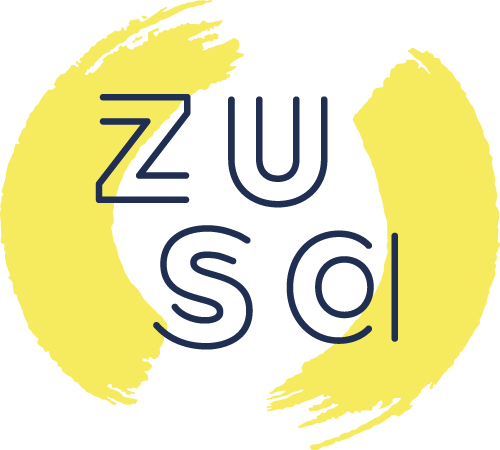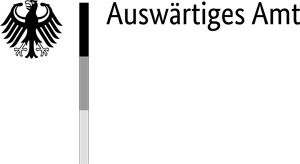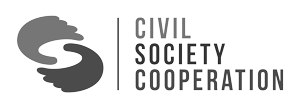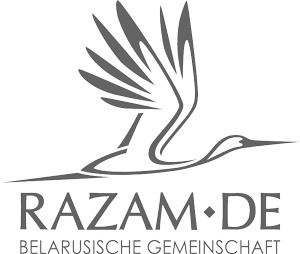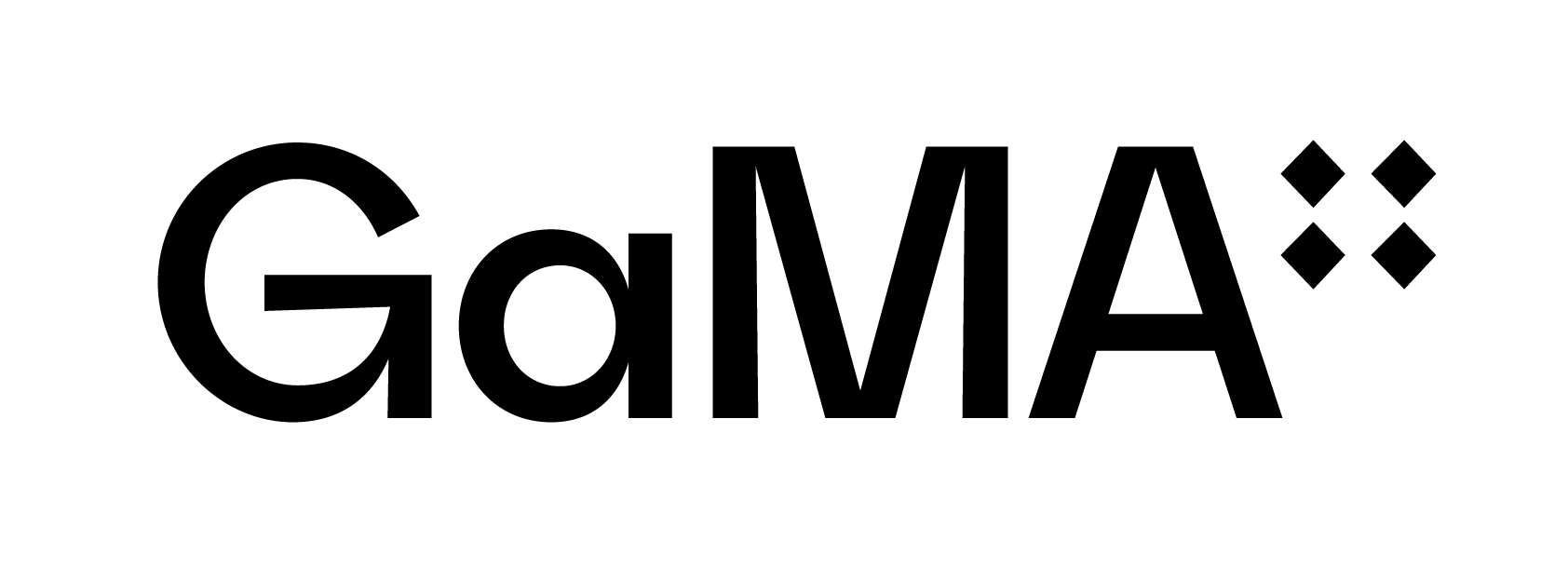Network
Stuttgart, Germany
mdjstuttgart.de
Berlin, Germany
sashawaltz.de
Wrocław, Poland
Instytut Grotowskiego
The Gallery has been following a comprehensive and consistent exhibition programme for years, presenting and fostering contemporary art in a variety of media and offering an excellent perspective of all the most important and interesting phenomena in current Polish art, while not sidestepping challenges and experiments. The Arsenal Gallery holds approximately 20 exhibitions per annum – not only at its two permanent venues in Białystok, but also at other domestic locations and abroad. Projects tying in with Eastern Partnership and Central European countries have a special place in the Gallery’s programme – they show all tendencies and changes in the contemporary art of these regions.
Exhibition activities are accompanied by an intensely developing educational programme – the Arsenal Playground – teaching about contemporary art at different levels and with the use of varying language. Projects implemented as part of the programme teachdialogue with art, presenting it as a platform for negotiating issues of social importance. Artists are frequently part of the educational process, new works created as part of workshops they deliver. Making all the most important phenomena in current art available to persons with sight and hearing impairments is a vital part of the Gallery’s educational activities.
Publishing is another of activity important to the Gallery. The institution produces catalogues and other publications accompanying most of its exhibitions. The Arsenal Gallery has been engaging in diverse activities fostering contemporary culture, such as panel discussions, lectures, seminars, conferences, concerts, book promotions, and film screenings. For a number of years, it has been organising the Children’s Art Book Fair with an extensive workshop offer for the youngest audience.
Białystok, Poland
Arsenal Gallery in Białystok
Berlin, Germany
schloss-wiepersdorf.de
Berlin, Germany
Gorki
Founded in 1919, Magdalena Abakanowicz University of the Arts Poznan (UAP) is a leading European art school. It's the sole university among art schools in the country and a vital cultural center. UAP emphasizes pluralism and multidirectional education across various fine arts disciplines, architecture, curatorial studies, postgraduate, doctoral studies, Study in English, the University of Arts of the Third Age, and specialized courses.
UAP actively pursues research and innovative education approaches. In 2023, they are expanding with the Centre of Education and Culture at Marcinkowskiego av. and the University Digital Center – UAP Prototyping Center.
UAP remains dedicated to their founders' ideals, fostering values crucial for modern society: tradition and universal humanism, freedom of thought, and artistic expression. Notably, UAP earned an A+ scientific category in visual arts and art conservation by the Minister of Education and Science on February 16, 2023.
Poznan, PolandMagdalena Abakanowicz University of the Arts Poznan (UAP)
Poznań, Poland
kalektar.org
Bydgoszcz, Poland
Künstlerhof Frohnau
Dresden, Germany
HELLERAU
Leipzig, Germany
halle14.org
Wrocław, Poland
BWA Wrocław
The LAKE Studios Berlin is a dance residency, research, and event space that supports a diverse mix of local and international dance, movement, and performance artists in their creative endeavors and processes. The studios offer long and short-term residencies where artists of various styles and backgrounds can work and exchange in a calm and focused atmosphere. They strive to foster a sense of community and engage artists in dialogue, reflections, and choreographic research through performances, festivals, forums, courses, workshops, and various exchange formats.
Berlin, Germany
The LAKE Studios Berlin
Warsaw, Poland
Sputnik Photos
Frankfurt, Germany
basis e.V.
Focused on the principles of exploring, creating, and exhibiting, the residency offers an on-site and on-line program for international artists of all fields.
Berlin, Germanyglogauair.net
Warsaw, Poland
Komuna Warszawa
Warsaw, Poland
TR Warszawa
Already in the Kunstkammer founded in 1560 by August I, Elector of Saxony, one could find exotic and curious items from other countries and continents. Today, the collection of the Ethnographic Museum Dresden includes approximately 100,000 objects.
Ethnological museums are currently the subject of much vigorous debate, not only regarding their colonial past but also concerning their future relevance and societal role. The Museum of Ethnology is embarking on a multifaceted restructuring path with new projects and event formats. Engaging in dialogue with, rather than speaking about, the source communities is an essential prerequisite. The Japanese Palais views the museum as a platform for this renewal, where new exhibition formats can be tested, and spaces for innovation can be created.
Dresden, Germany
Staatliche Kunstsammlungen Dresden
Bydgoszcz, Poland
Bydgoskie Centrum Sztuki
Pawilon is an open space where art meets experimentation. Here, theatrical performances, performance art, concerts, film screenings, discussions, and workshops come together to form a unique mosaic of artistic experiences. This dynamic environment invites artists and audiences to explore new forms of expression and break traditional boundaries, inspiring creative dialogue and reflection.
Poznań, Poland
Pawilon
Teatr Ósmego Dnia (Theatre of the Eighth Day) — one of the most famous Polish theatrical groups originating from the student countercultural theater of the 1960s, founded in 1964 by students of Polish studies at Adam Mickiewicz University in Poznań. Today, the 'Eighth Day' is a legendary ensemble, a symbol of engaged theater pulsating with the rhythm of the most important political and social events. The 'Eighth Day' is known for its loud, dynamic performances filled with symbolic gestures, often facing the audience, and has become one of the leading groups in its genre in Europe. In addition to their performances, the educational and workshop activities of the group have always been significant. Over the years, hundreds of people have participated in theater workshops organized by our artists and invited guests.
Poznan, Poland
Teatr Ósmego Dnia
The Institut für Alles Mögliche is an experimental project that challenges conventional ways of presenting and institutionalizing contemporary art. It focuses on creating non-commercial spaces for exploring artistic practices, often through playful and ironic experiments. The institute emphasizes collaboration, collective learning, and artistic freedom, offering a platform for unconventional ideas and expressions outside the mainstream art market. Its events, usually lasting no more than three days, encourage experimental and unfinished artistic concepts.
Berlin, German
Institut für Alles Mögliche
Berlin, Germany
Morphine Raum
Since 2020, Ballhaus has been committed to breaking down barriers and fostering an open space beyond nationality, sexuality, and class. Operated by interkulturell Aktiv e.V. and in close partnership with Theater28, it connects Berlin’s cultural landscape with international guest performances.
Berlin, Germany
Ballhaus Prinzenallee
Galeria Labirynt is a modern, urban cultural institution focused on art and social issues. Actively responding to the changing artistic and social landscape, it particularly promotes contemporary Ukrainian art. Labirynt aspires to be a barrier-free institution, welcoming everyone regardless of language, age, origin, or ability. Their offerings cater to an international audience and consider the needs of various groups, including the deaf and visually impaired.
Lublin, Poland
Galeria Labirynt
Lublin, Poland
otwarta-pracownia.pl
Sokolovsko, Poland
sokolowsko.org
Gdansk, Poland
pik.pomorskie.pl
zusa is based in Berlin and works in Europe, North Africa, West Asia and beyond. At the core of their work and values is a do-it-together approach. Together with partners they create and implement programmes based on collaborative principles. They see their role primarily as supporting others to get better at their work by introducing tools of collaboration, acting as a backbone, and forging more alliances.
In this context, AiR zusa residency is primarily aimed at facilitating an opportune framework, a transdisciplinary and safer space for resilience in times of war and persecutions for artists, cultural managers, curators, culture and art activists from countries at risk. AiR zusa focuses on providing the time and sources to heal the mental health and well-being of cultural professionals living under pressure. Resilience residency is always prepared based on residents’ personal needs. They offer them the activities including i.e., external mental health and coaching support, local and international networking, exploration of the local cultural scene, research support, exploration of methods how to deal with fear and trauma and re-build the resilience, but their residents are also able to take none of these options and spend their time in Berlin relaxing, resting, regaining, and regenerating.
Berlin, Germany
zusa



